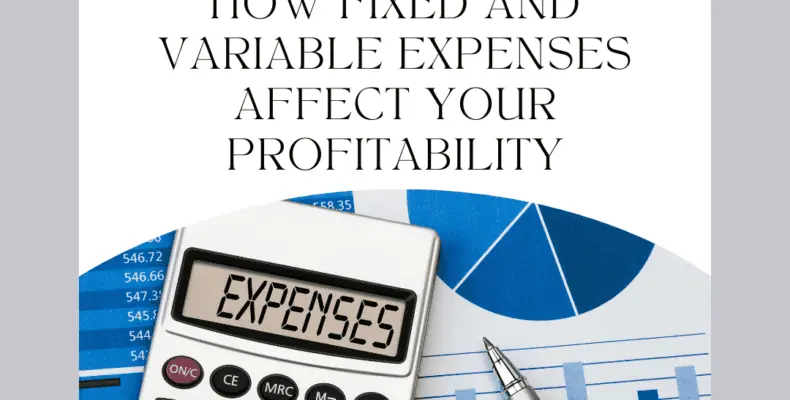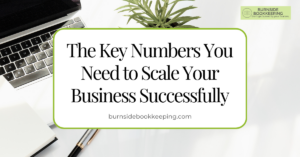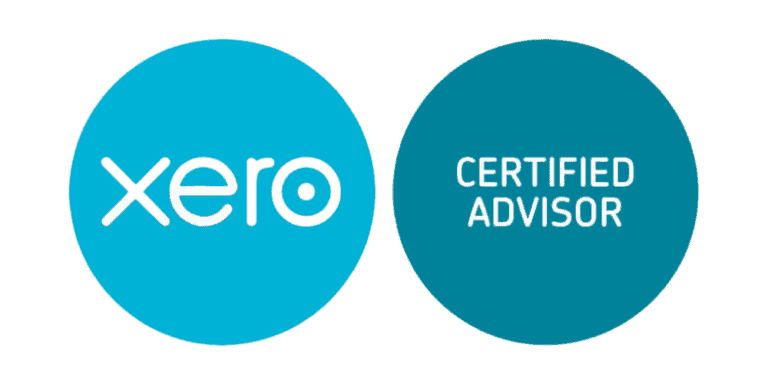How fixed and variable expenses affect your profitability
Successful business owners understand the difference between fixed and variable expenses.
And how their financial statements act as a blueprint for finding ways to make their business more profitable.
As someone working as hard as you do as a small business owner, it’s easy to get caught up in work and miss a few expenses at the end of the month.
And it’s not that those forgotten expenses aren’t important…
They just might not occur regularly so they get left out.
But all your expenses (fixed AND variable) are important if you’d like to make sound business decisions based on hard data.
This isn’t something you should put off since we all know that financial awareness is key to ending the year with as much green as possible.
As a business owner, you’re savvy and smart.
But it’s not uncommon to underestimate our expenses, especially when you’re so busy running all the other aspects of your business.
I want you to be in control of your expenses. I want you to stop throwing things on your business credit card because you HAVE to.
I want to see you in the driver’s seat when it comes to your profitability.
Here are the three steps you can take RIGHT NOW that will decrease the likelihood of breaking even…
Or worse, ending the year in the red..
First, determine what your fixed expenses are. Don’t know where to start?
Fixed expenses are payments that happen on the SAME DATE and at the SAME TIME every week or month- for the SAME AMOUNT.
These can be rent, phone, paycheck payment, insurance, G-Suite, website expenses, etc.
When you track every fixed expense (even all the $12/month ones) you’ll have a better picture of your current REAL-LIFE BUSINESS HABITS. And real-life habits WILL guide your spending.
Second, this is where you input all those variable expenses. These are a little more difficult to judge since the payment amount, or the day and time they leave your bank account…vary.
An example of variable expense is the utility bill, credit cards, office supplies, materials, payroll (if hourly), business dinners, etc.
The best way to budget variable expenses is to overestimate. Just make sure you’re not hitting or exceeding that estimate.
If you’re not already tracking these expenses in detail, you’re walking a dangerous line for when unexpected expenses pop up that could lead to added credit card debt and less profit.
Finally, PLAN for your future with smart numbers-driven goals.
It might not be fun, but calculating your fixed and variable expenses on a regular basis will benefit your business in the long run.
Having a finger on the pulse of your business metrics will be crucial to determining profitability in the coming years.
It’s helpful to understand that in the long term you can try reducing your fixed costs, for instance shopping around for cheaper insurance plans or switching the software your company uses.
I hope this was helpful!
Feel free to comment below or message me privately to get more information on how you could improve your finances by understanding the differences between fixed and variable expenses!
Looking to sign up for QuickBooks Online? Click here for 30% off for the first 12 months: https://quickbooks.grsm.io/karenburnside7448
This post may contain affiliate links. Your purchase helps support my work in bringing you real information about best practice bookkeeping.










